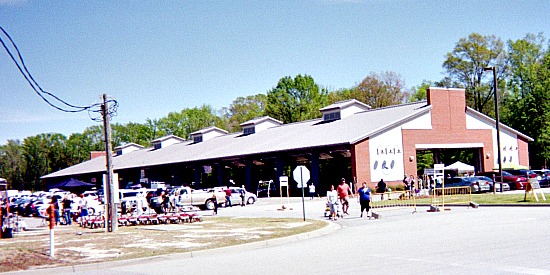M commerce definition -- what is it?
M commerce definition is the buying and selling of products and services using wireless handheld devices. These include smartphones and personal digital assistants or PDAs. M-commerce makes it easier for people with mobile phones to access the Internet. They can make a purchase or look for information in any location. They don’t have to be plugged into the either Internet through a desktop or laptop device.
Kevin Duffey is credited with the first person to use the phrase mobile commerce in 1997. He used the term at the launch of the Global Mobile Commerce Forum. M commerce definition means, “The delivery of electronic commerce capabilities directly into the consumer’s hand, anywhere, via wireless technology,” Many consider m-commerce as “a retail outlet in your customer’s pocket.”
How the m commerce definition helps consumers
Mobile commerce transactions continue to grow during the Christmas season and at other times of the year. The m commerce definition includes the purchase and sale of a wide range of products and services. These include bill payment, information delivery and online banking. M-commerce transactions open the door to many new applications and services. People can use mobile phone technology to keep in touch with friends and family. They can also look for places to shop and eat.
M-commerce is comprised of two primary components. The first gives people the ability to use a wireless phone or other mobile device to complete financial transactions and exchange payments over the Internet. The second is the capability to deliver information that can make completion of a transaction possible. A mobile Web browser can make it easier to find a business. Alternatively, m-commerce enables the creation of mobile marketing campaigns. For example, m-commerce facilitates text promotions or loyalty programs.
What are some problems with m-commerce?
Unfortunately, today, the mobile shopping experience is a difficult one. Users become frustrated when using their mobile devices to shop for goods and services. The smartphones’ small screen size makes it difficult for consumers to read product information.
Entering payment information is a frustrating experience. Many websites are not optimized properly for mobile phone devices. Purchasing items using a mobile phone is too much work for users who abandon any hope of using their mobile phones to shop.
Mobile users often shop on the go. This puts them at risk of using slow Wi-Fi and LTE connections. In addition to speed, users have security issues. Entering payment information on a mobile phone device is less secure than entering payments using a desktop or laptop computer.
Mobile web pages should load quickly. This will allow customers to make instant purchases. Pages that load quickly result in higher sales conversions. Mobile checkouts should be enhanced to make it easier for customers to enter payment information. The customer could add the payment information using a mobile wallet such as Apple Pay or Android Pay. This would avoid the use of manual entry; reduce human error and enable a much-improved checkout experience for the customer.
What are companies doing today to make it easier for consumers to use a mobile phone for m-commerce transactions?
Companies are beginning to address these problems. Smartphone manufacturers are enlarging their phones to improve the user experience. Users are less frustrated while using their mobile phone devices to shop, play games or watch videos. Facebook, Pinterest and Twitter have all introduced “buy buttons” that allow shoppers to use these social media channels to make purchases.
Many retailers have added one-click checkouts to their websites. Shoppers can enter their payment information once. They then can use the one-click option to make purchases without having to re-enter payment information.
A recent LexisNexis study demonstrated how m-commerce is becoming more of a go-to habit for shoppers. The study polled more than 1,000 U.S. merchants. Sixteen percent of these merchants already have a mobile shopping channel. Thirty-two percent are considering adding one in the future.
Eighty percent of e-commerce retailers with at least $50 million in annual sales either currently offer or plan to offer m-commerce options. Mobile commerce is the next logical step for companies that have already heavily invested in digital. M commerce definition may take on a new meaning in the mobile marketplace for consumers.
Discovering mobile commerce applications.










